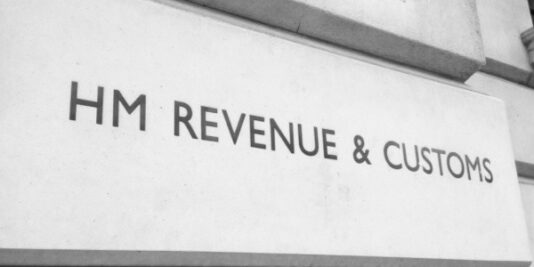What’s the ‘period of ownership’ for private residence disposal?
When you dispose of a private residence and make a profit from its sale, you won’t have to pay Capital Gains Tax (CGT) on it if the property was your main residence throughout the time you owned it – known as the ‘period of ownership’.
But what exactly qualifies? How do you know whether you’re liable to pay Capital Gains Tax or not, and how do you calculate such an exemption? Let’s look at some examples, and run through the basics of Private Residence Relief for CGT.





